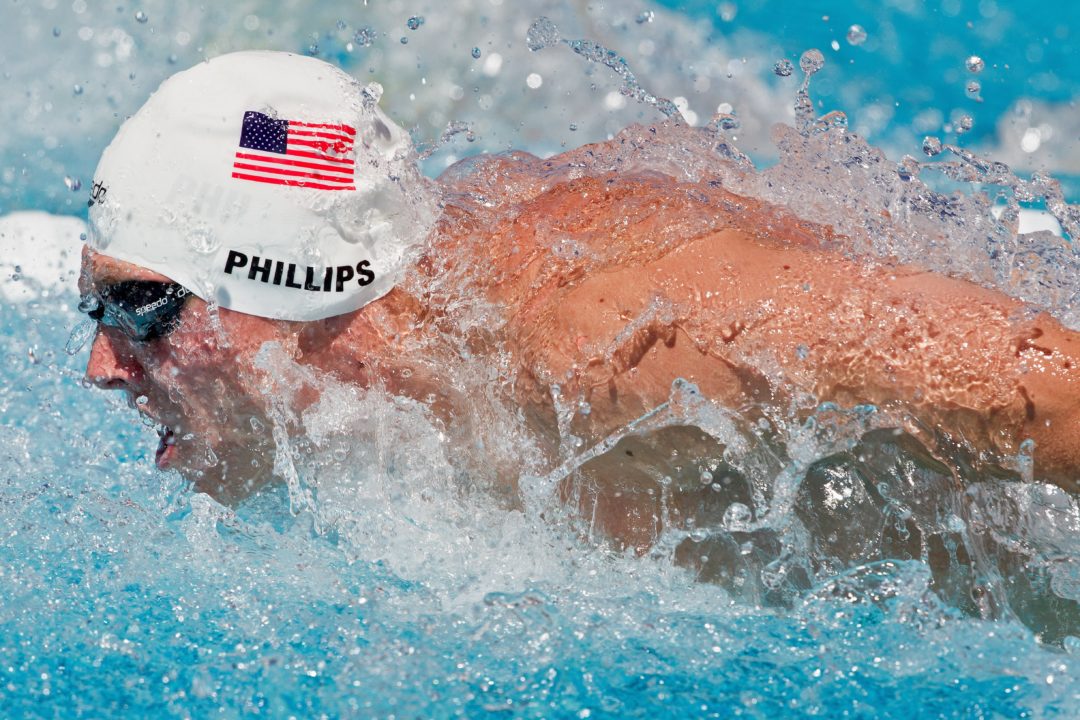USA Swimming has not yet released the formal list of selection criteria for the 2013 World University Games that are to be held in Kazan Russia next summer. They have, however, released the gist of the criteria this week, which gives us a pretty good idea.
First the innocuous. The selections will be made on the basis of this summer’s U.S. Open meet in Indianapolis, athletes born between 1985 and 1996 will be eligible (meaning that the maximum age for athletes will be 28), and the team will leave after next summer’s World Championship Trials (which probably means that the swimmers won’t arrive until after the opening ceremonies). The roster deadline falls before those trials, which is why the teams are being selected this summer.
The same rules apply that an athlete must be a university student (at any level – not necessarily competing in the NCAA) during the 2012-2013 school year.
But here’s the kicker. This year, USA Swimming will limit their roster to no more than 13 men and 13 women, which is roughly half of the 24 and 26, respectively, that they took the 2011 edition of the event.
What that means is that there is likely to only be one American taken to the meet in each event, and very few (if any) relay-only swimmers will be included.
This hugely steps up the pressure on the collegiate Americans, as they will have to be the highest-finishing collegian at the U.S. Open (if you ignore those who will decline in expectation of heading to Worlds).
The rationale behind the shift in strategy is unknown at this point; however this sort of follows a trend of USA Swimming to be apprehensive about sending top-tier swimmers to middle-tier meets, though it’s a big opportunity for athletes to get big-meet experience. Take the 2010 Youth Olympic Games, where USA Swimming only begrudgingly sent a squad of junior swimmers, but refused to send their top-tier junior swimmers. Under new National Team Director Frank Busch, it seems as though at least thus far that preference is being continued, if not extended.
No comment has been received from USA Swimming as of the time of posting, but we’ll update when we hear back from them.

On the flip side, they’ve also posted the selection criteria for Short Course Worlds whee they’re a) taking up to 26 of each gender for the meet depending on who meets selection criteria and b) using the Olympic Trials, Olympics and US Open as selection meets(s) so I’m thinking what we’ve got here is a repostioning of international priorities (seems like it used to commonly be 13 swimmers for SC Worlds) rather than an outright cut of international team slots.
So many times, the WUG squad ends up being one part up and comers to two parts swimmers who had a perfectly nice NCAA career but weren’t quite up to making a Pan Ams squad and were getting an… Read more »
I agree with Coach. It appears that USA Swimming painted themselves into a corner on this one because of the US Open. The rationale for using the Open as the selection meet was not based on what’s best for the athletes or on the best way to select a WUG team – the rationale was an attempt to prop up a national level meet that was on the schedule and was searching for significance.
Better option would have been: use the Olympic Trials as the meet selection for WUG’s and let the post-Trials US Open stand on it’s own for what it really is – a sort of amped up Junior Nationals+ Meet (…and there’s nothing wrong with that).
Taking away potential spots for US National Team meets/events is never a good thing. Why wouldn’t the US want a full squad of top college swimmers competing against other student-athletes? WUG is a very fast meet, and the US should have a full squad there as we have for the last 40 years. We should be sending more US swimmers to international meets at the Jr/Sr level-it’s not like USA Swimming can’t afford to send them!
It means to me that USA Swimming expects a very weak showing at US Open, and if they went 2 deep in events they would be dipping pretty low. Trying to get “top tier” college age swimmers to Open in an olympic year (especially given the late dates), is very very tough.